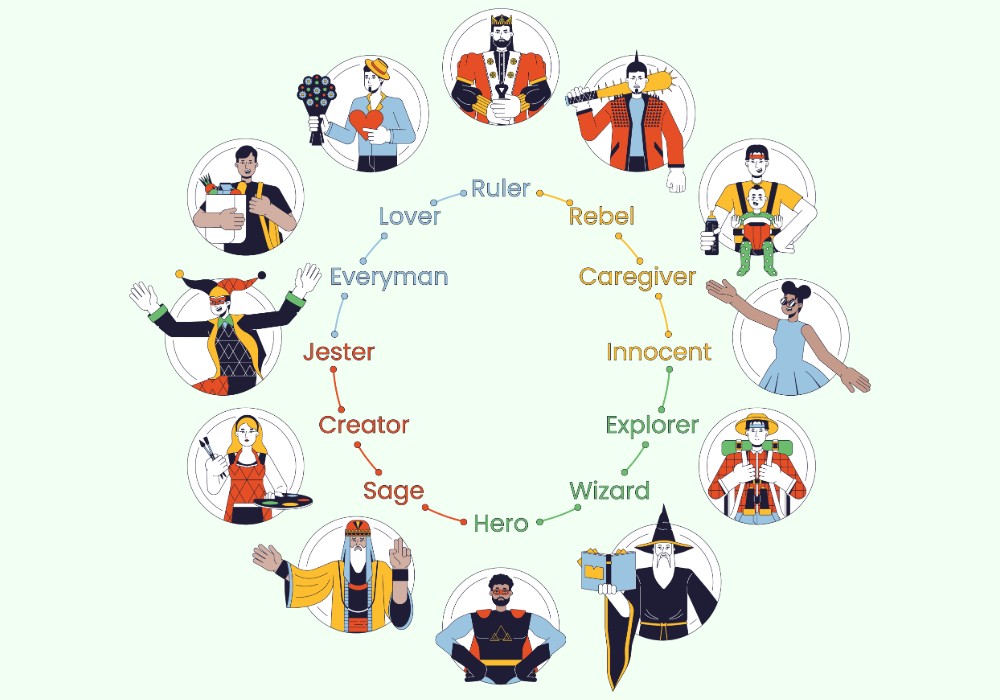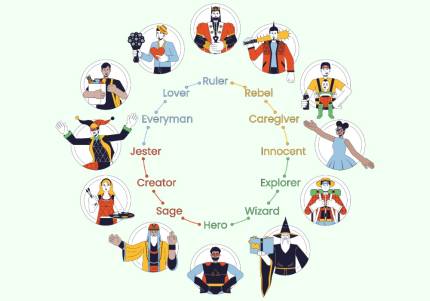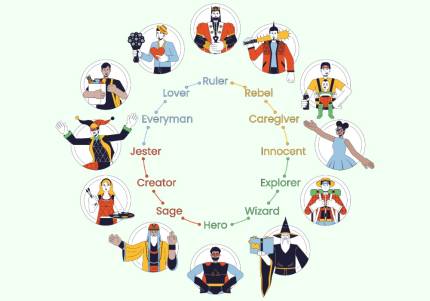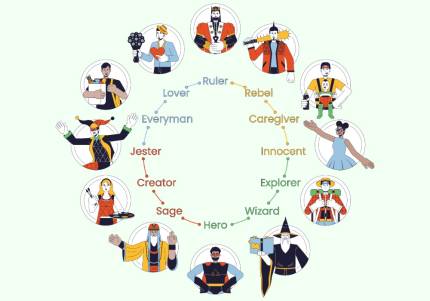The Dark Side of Typology: Stereotyping and Limiting Beliefs With MBTI Personality Quiz
- 9 May 2025

Personality typing systems have gained immense popularity in recent years, with the MBTI personality quiz being one of the most widely recognized assessments available today. Many people turn to the 16 personalities free personality test hoping to gain insights about themselves and others, but few consider the potential downsides of categorizing human complexity into neat boxes.
The 16 personality test (MBTI) claims to identify your cognitive preferences across four dichotomies, resulting in one of sixteen possible personality types. Taking the full Myers-Briggs test for free might seem like an innocent way to learn about yourself, but it can inadvertently reinforce harmful stereotypes when results are taken too literally or deterministically.
Some professionals recommend the five factor model personality test as a more scientifically validated alternative to typology systems. The 16 personalities free test lacks the rigorous scientific backing that psychologists typically require for meaningful psychological assessment tools.
Common Pitfalls of Personality Testing
- Over-identification with type descriptions
- Using types to excuse problematic behaviors
- Limiting personal growth based on type expectations
- Stereotyping others based on perceived type
- Making major life decisions based solely on personality type
When people take the MBTI test 16 personalities test for free, they often don't realize that their results can fluctuate based on mood, context, and recent experiences. The MBTI free personality test results shouldn't be treated as definitive or unchangeable truths about who you are.
The 16 personalities (MBTI) test can create a false sense of understanding ourselves and others that actually limits our perception. Taking a personality test - free MBTI version or otherwise, should be the beginning of self-exploration, not the end.
Scientific Validity Concerns
Many psychologists question whether the Myers-Briggs free personality assessments offer meaningful insights at all. The best personality test according to most psychological researchers would be one with strong reliability and validity, qualities that many popular online tests lack.
The MBTI test free online versions rarely match the statistical rigor of professionally administered assessments. Using a test OCEAN (Big Five) approach is often considered more scientifically sound than type-based systems.
| Assessment Tool | Primary Categories | Scientific Validation | Potential for Stereotyping |
|---|---|---|---|
| MBTI/16 Personalities | 16 Types (4 Dichotomies) | Low to Moderate | High |
| Big Five/OCEAN | 5 Continuous Dimensions | High | Low to Moderate |
| Enneagram | 9 Types with Wings | Low | High |
| DiSC | 4 Main Styles | Moderate | Moderate |
The Myers-Briggs personality types test can provide a helpful starting point for self-reflection, but it's important to recognize its limitations. Rather than defining yourself by four letters, consider viewing personality as a continuous spectrum where you have preferences but not rigid categories.
In conclusion, while personality tests can be entertaining and occasionally insightful, they work best when used as conversation starters rather than definitive labels. Looking beyond typology systems can lead to more authentic self-understanding and healthier relationships with others, free from the constraints of stereotyping and limiting beliefs that often accompany rigid personality categorization.



